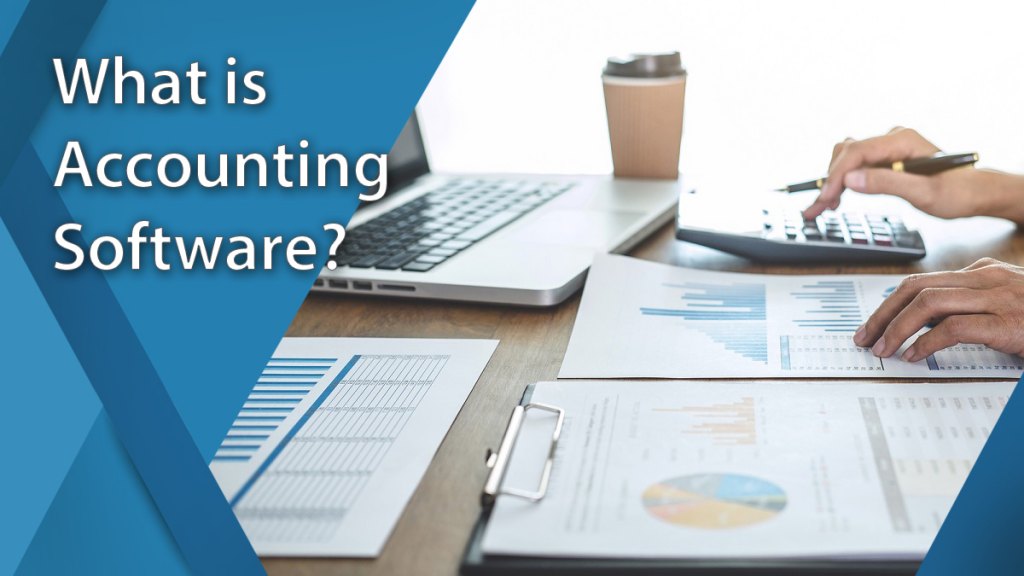The future of accounting is undergoing a profound transformation, largely driven by the increasing integration of technology and the growing demand for online, on-demand financial services. Traditional accounting practices, characterized by manual data entry and periodic financial reporting, are giving way to more efficient, real-time, and accessible solutions. This shift is fueled by several key factors. One of the most significant changes in the accounting landscape is the adoption of cloud-based accounting software. This technology allows businesses to access their financial data from anywhere with an internet connection, making collaboration between accountants and clients more seamless. Real-time data synchronization and automatic updates enable businesses to make quicker, data-informed decisions. Additionally, automation tools, such as machine learning and artificial intelligence, are becoming integral to the accounting process, automating repetitive tasks like data entry, transaction categorization, and financial analysis.

The on-demand aspect of accounting is gaining momentum as well. Rather than adhering to the traditional 9-to-5 work schedule, accounting professionals can offer their services when clients need them most. This flexibility accommodates the needs of today’s diverse and globalized business world. On-demand accounting platforms are also simplifying the process of finding and hiring qualified professionals, whether for a one-time financial analysis or ongoing support. These platforms match businesses with accountants who possess the specific skills and expertise required, making it easier than ever to find the right talent. Another crucial facet of the future of accounting is data security and privacy. As financial information becomes increasingly digital and accessible, safeguarding sensitive data is paramount. Accountants must stay updated on cybersecurity measures and regulatory compliance to protect their clients’ financial records from breaches and fraud. Blockchain technology is also emerging as a potential solution to enhance the security of financial transactions and data integrity.
In this evolving landscape, the role of accountants is evolving as well Click Here for more info. While compliance and financial reporting will always be essential, accountants are now positioned as strategic partners in guiding businesses to sustainable growth. They can provide valuable insights based on real-time data, helping businesses make proactive decisions and capitalize on opportunities. Accountants are no longer confined to a role of historical record-keepers; they are becoming proactive advisors, guiding clients through financial challenges and opportunities in real time. In conclusion, the future of accounting is characterized by online, on-demand, and technologically driven solutions. Cloud-based accounting software, automation, and on-demand services are reshaping the industry, making it more efficient, accessible, and adaptable to the dynamic business environment. In this evolving landscape, accountants are taking on a more strategic advisory role, providing timely insights and guidance to help businesses thrive in a rapidly changing world. As technology continues to advance, the field of accounting will undoubtedly see further innovation and opportunities for growth.